Foreign firms to count cost of local house sales
A new Land Law decree has made it possible for foreign investors to develop and sell residential projects, but investors will be obliged to pay the state a sum at the time of sale or completion, as well as land rental payment in advance.
Decree 181, promulgated by the government last week, states that foreign investors must pay an amount equal to the difference between the original land use fee and land use fee calculated at the time of sale.
The sum to be paid would be determined by the relevant people’s committee, either at the time of sale of the property project or the completion of construction.
Also under the decree, foreign investors are permitted to develop residential projects for sale to Vietnamese or Viet Kieu (overseas Vietnamese) for the first time in Vietnam.
Dang Hung Vo, deputy minister of natural resources and environment, said foreign developers were required to pay an additional sum because the state only leases land to them for a maximum of 50 years.
Meanwhile, developers were allowed to transfer land use rights attached to the houses they build to purchasers for long-term purposes, resulting in the difference between the advanced paid rental and land prices at the time of sale or completion, he said.
“So, they will have to pay the difference between the short-term and long-term land use,” said Vo.
Land prices were previously fixed by the government but will now be adjusted annually by provincial and municipal authorities according to market prices.
Foreign developers therefore may not get added value from the increase in land prices but can make profits from the accommodation they build, according to a circular that is expected to be released soon by the government.
Although the decree allows foreign investors to transfer land use rights on the land area where they have built houses, it also states they are not permitted to transfer land use rights that are without housing accommodation.
The Land Law guidance provides purchasers of villas and apartments in foreign-invested property projects with land use right certificates for long-term use.
However, it remains unclear whether the pilot mechanism in granting land use right certificates for the Phu My Hung Corporation will be used for new residential projects.
As private land ownership is not recognised in Vietnam, Phu My Hung must relinquish its land title to the state.
Vo reaffirmed that the amended Land Law, which will take effect in July, created a legal framework for foreign investors to enter the residential sales market, a market they had long been asking to gain access to.
“They have required such a mechanism and now we have created it for them,” said Vo.
The market is drawing a lot of interest from foreign investors. In Hanoi, American company Magnum is seeking a permit to invest in a $1 billion real estate project, and a group of South Korean companies are hoping to develop a $309 million complex.
In Ho Chi Minh City, Korean National Housing Corporation is promoting a $990 million project, while a Chinese company is planning to develop a housing estate to the tune of $80 million.
According to CB Richard Ellis, a property consulting and management company, the residential sales market in Vietnam is a lucrative one since construction costs are around $600 per square metre for high-end apartments, which can go on to be sold for $2,000 per square metre.
The rights of foreign developers in selling residential housing were not stated in the 1993 Land Law. The absence of a legal framework forced foreign applications in residential housing to be considered on a pilot basis, which is time-consuming and in some cases leads to disputes like the tax controversies of the Phu My Hung Corporation.
The investment licence issued to the Taiwanese-bankrolled company in 1993 did not explicitly authorise it to develop and trade residential houses and land.
It could only build and sell houses when Ho Chi Minh City authorities granted sub-licences which were then withdrawn as the authorities did not have power to issue licences of this kind.
Phu My Hung asked for house trading to be taxed at 10 per cent as the rate noted in the licence while tax authorities required a 25 per cent rate, as levied on other housing developments. The dispute was then resolved only at the prime ministerial level.
What the stars mean:
★ Poor ★ ★ Promising ★★★ Good ★★★★ Very good ★★★★★ Exceptional
Related Contents
Latest News
More News
- Vietnam’s economy on track for 6.5 per cent growth despite Typhoon Yagi, says HSBC (October 01, 2024 | 16:46)
- Vietnam urges China to expand market access for agricultural products and strengthen trade ties (October 01, 2024 | 16:42)
- IMF predicts Vietnam's economic growth to reach 6.1 per cent in 2024 (September 30, 2024 | 18:26)
- Deli Group breaks ground on $270 million factory in Hai Duong (September 30, 2024 | 18:17)
- Government considering tax on multiple properties (September 27, 2024 | 20:17)
- Accuracy more vital than ever in dawn of AI (September 26, 2024 | 20:44)
- Vietnam remains attractive destination for US businesses (September 26, 2024 | 20:23)
- New innovation centre inaugurated during HEF 2024 (September 25, 2024 | 09:00)
- China's Geely to build $168 million automobile facility with Tasco in Thai Binh (September 24, 2024 | 19:03)
- Spate of claims made in typhoon aftermath (September 19, 2024 | 17:00)




 Tag:
Tag: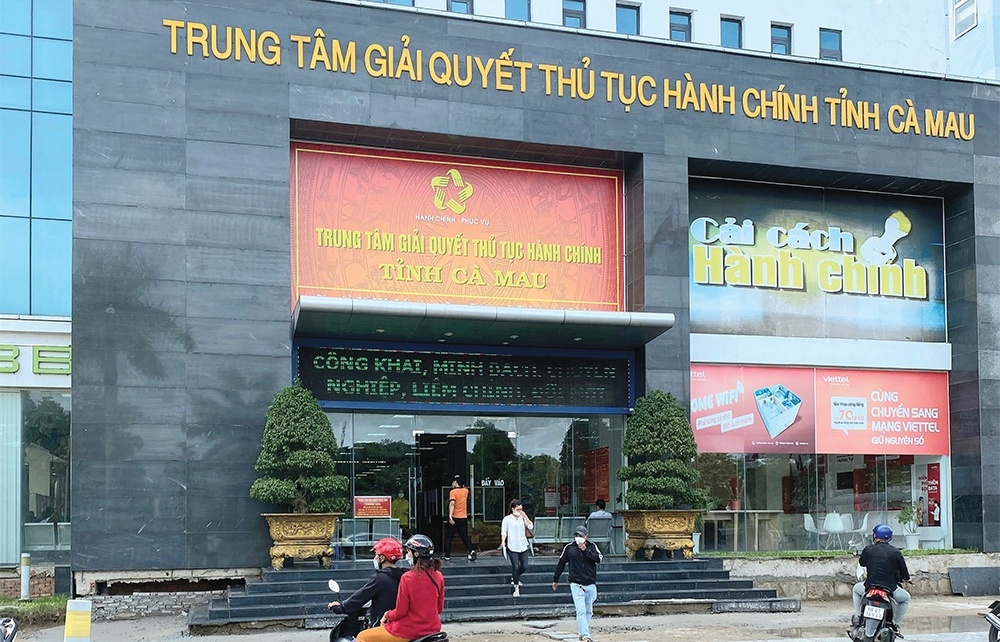
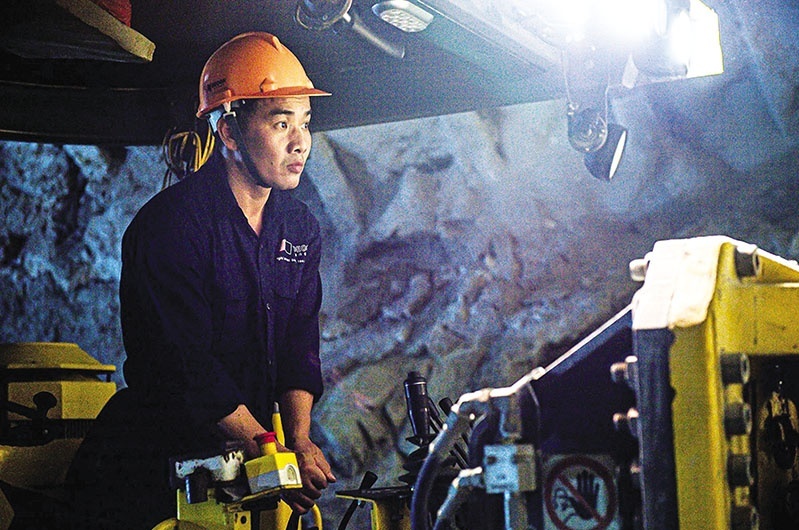
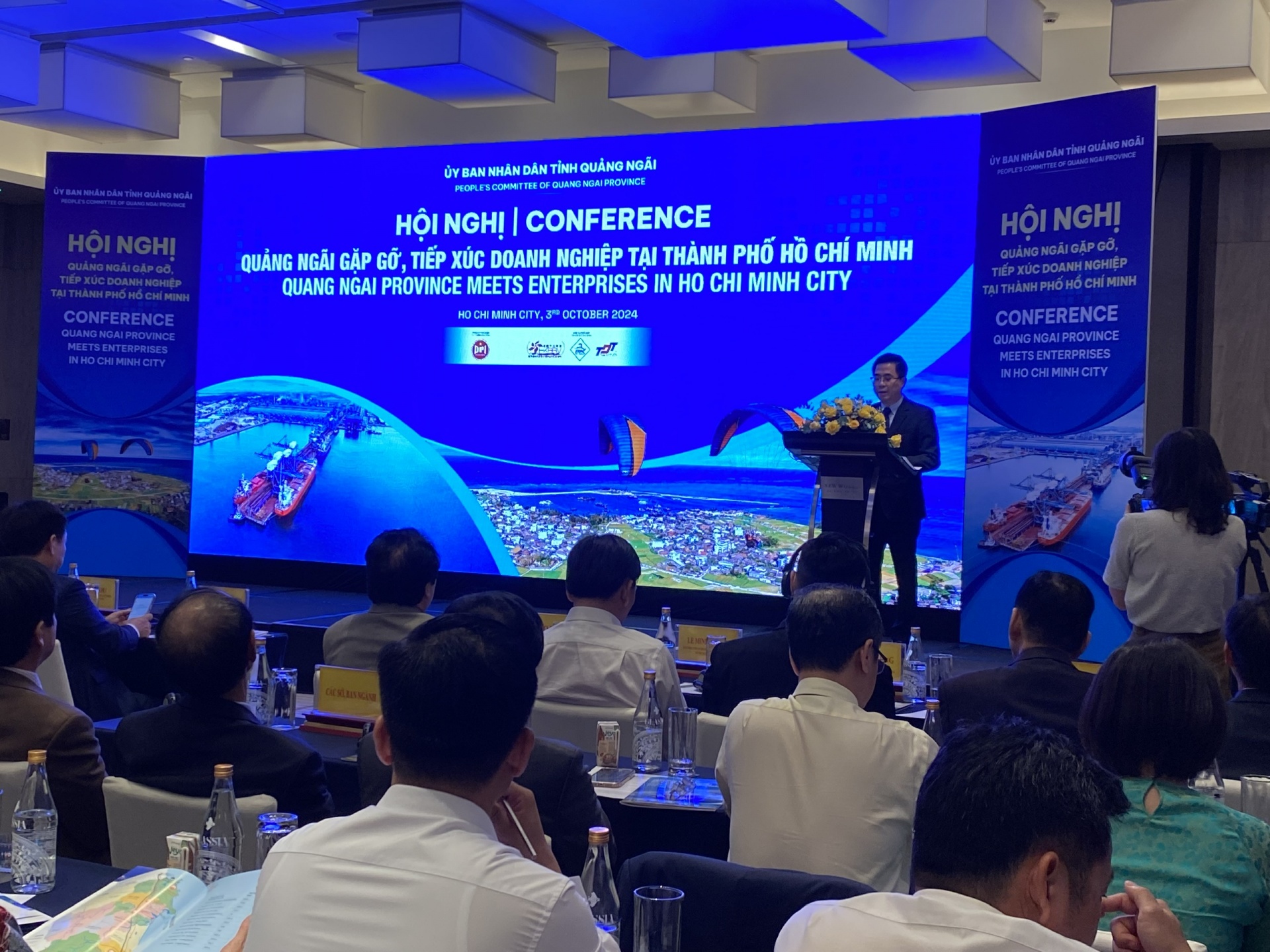
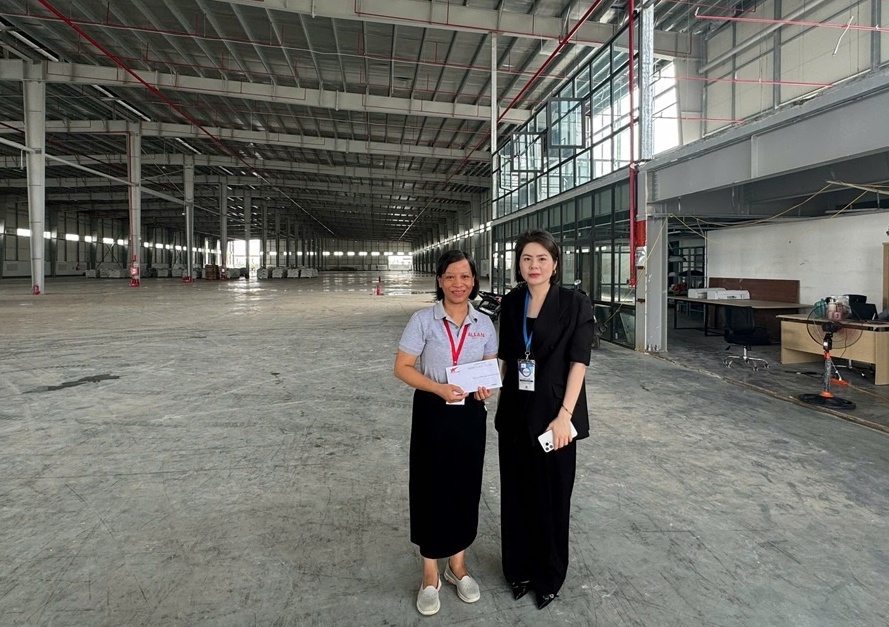
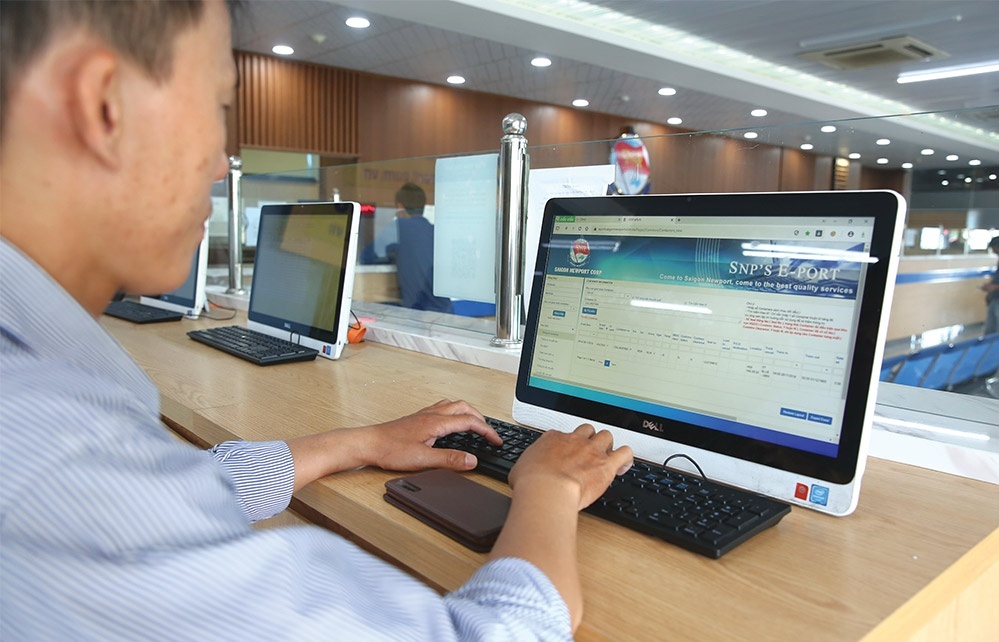
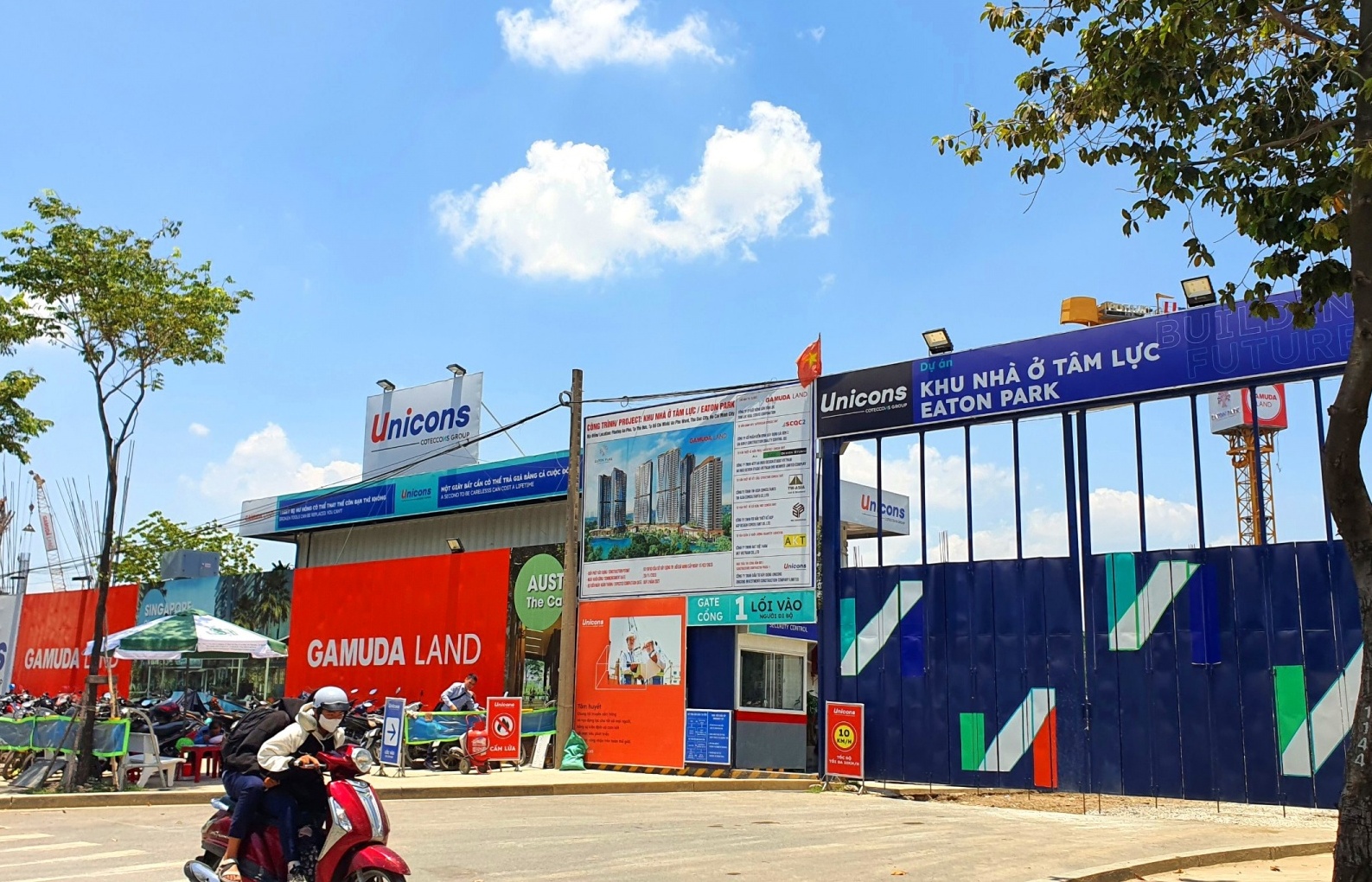
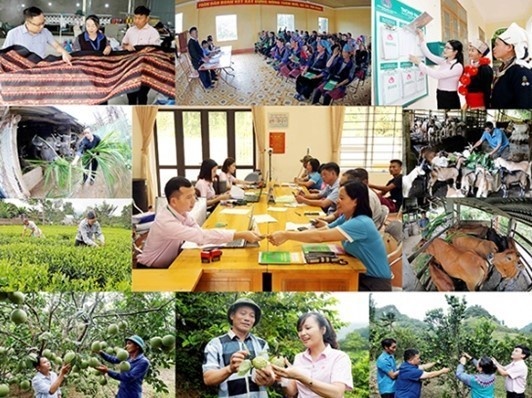
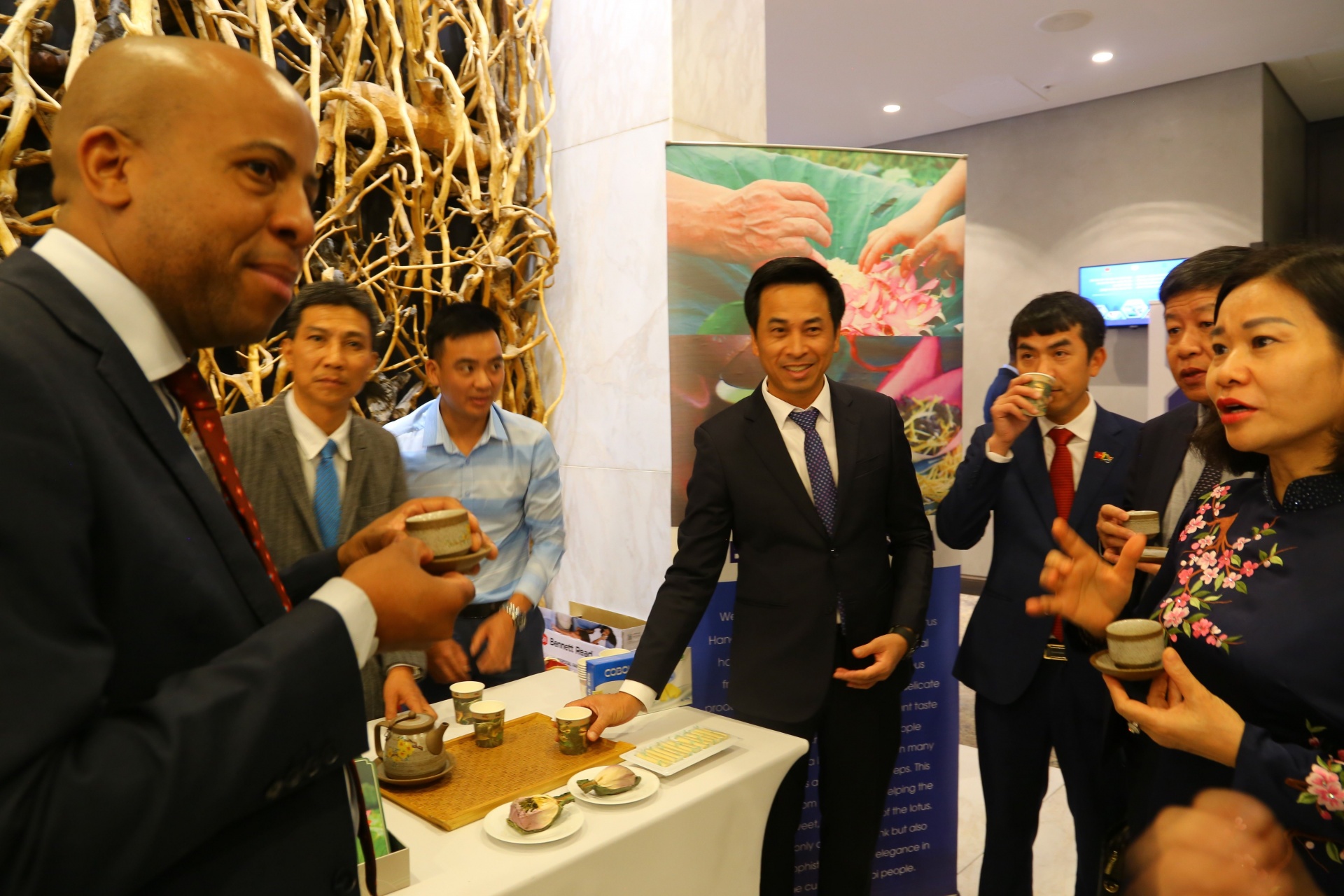
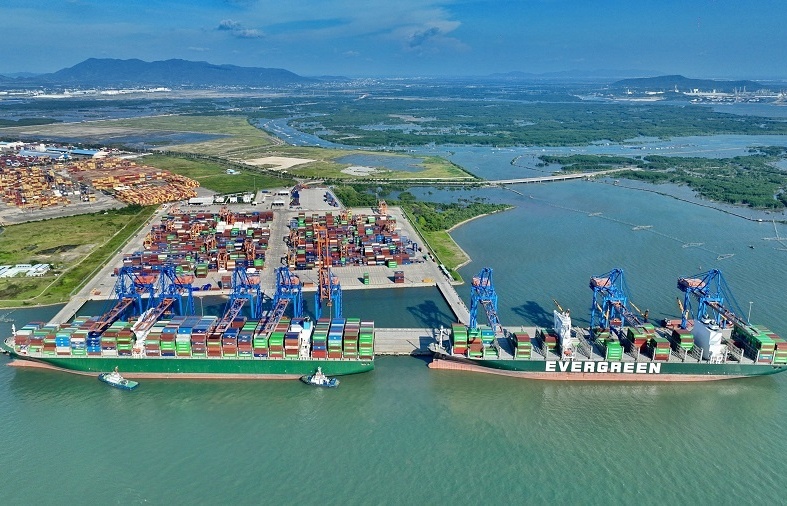

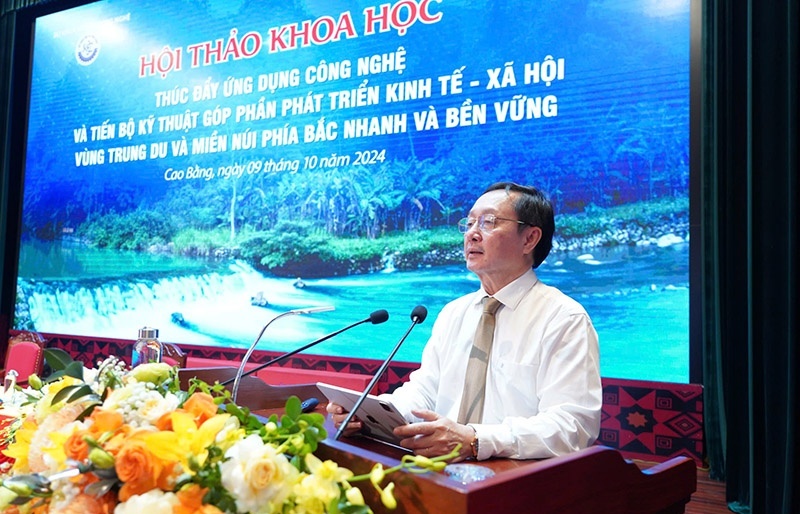
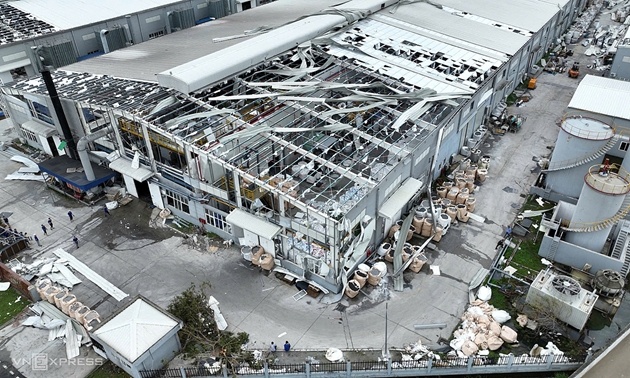



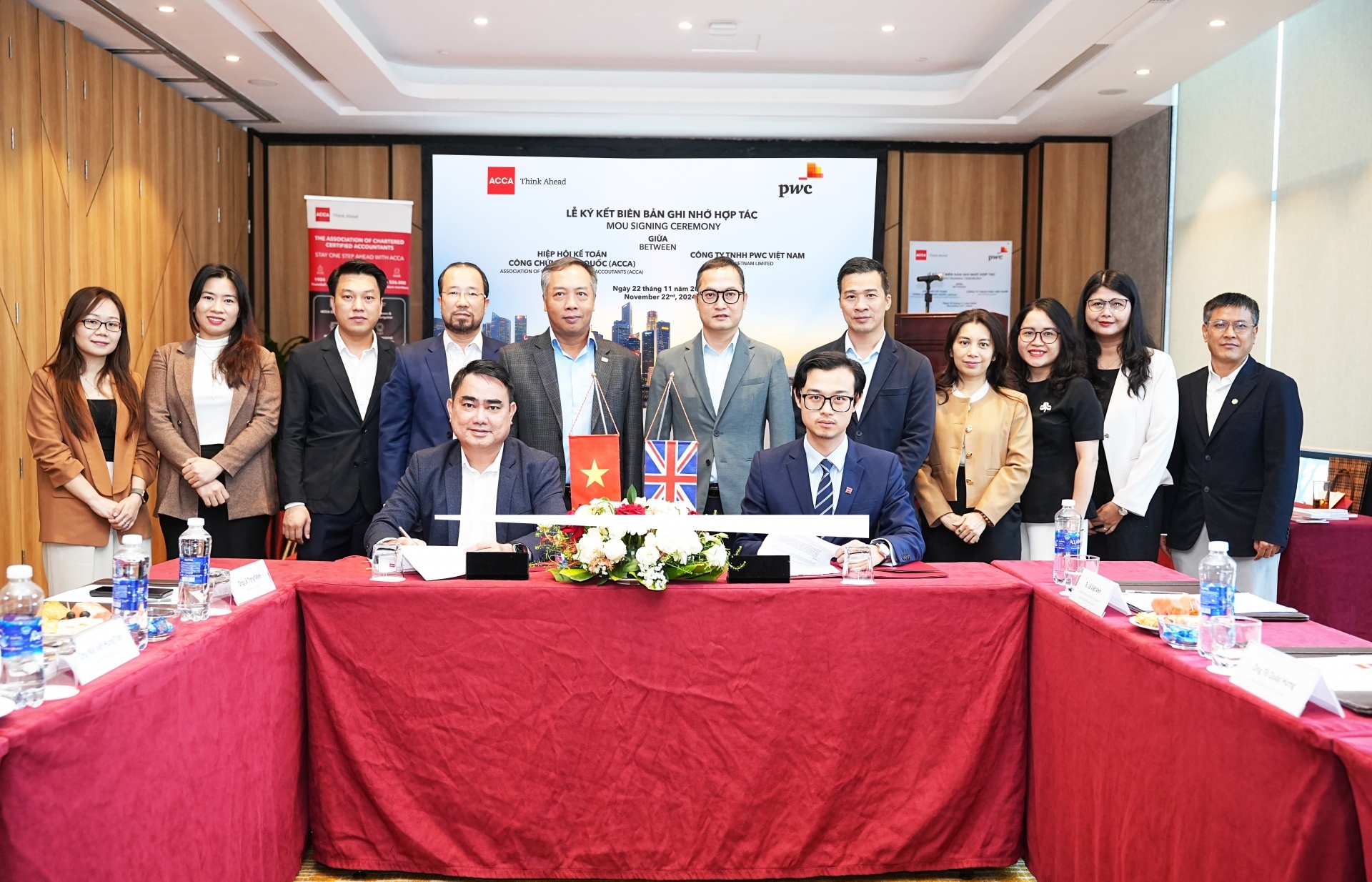
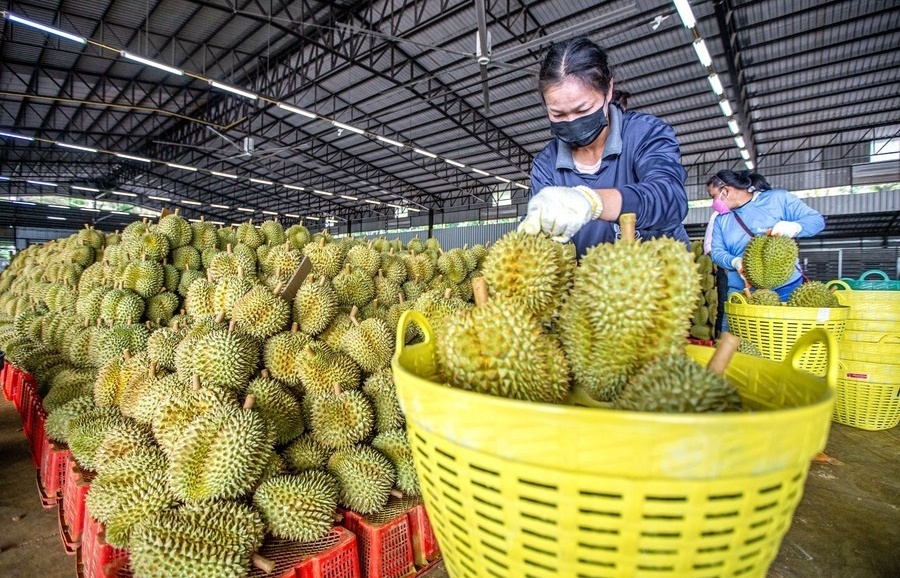





 Mobile Version
Mobile Version